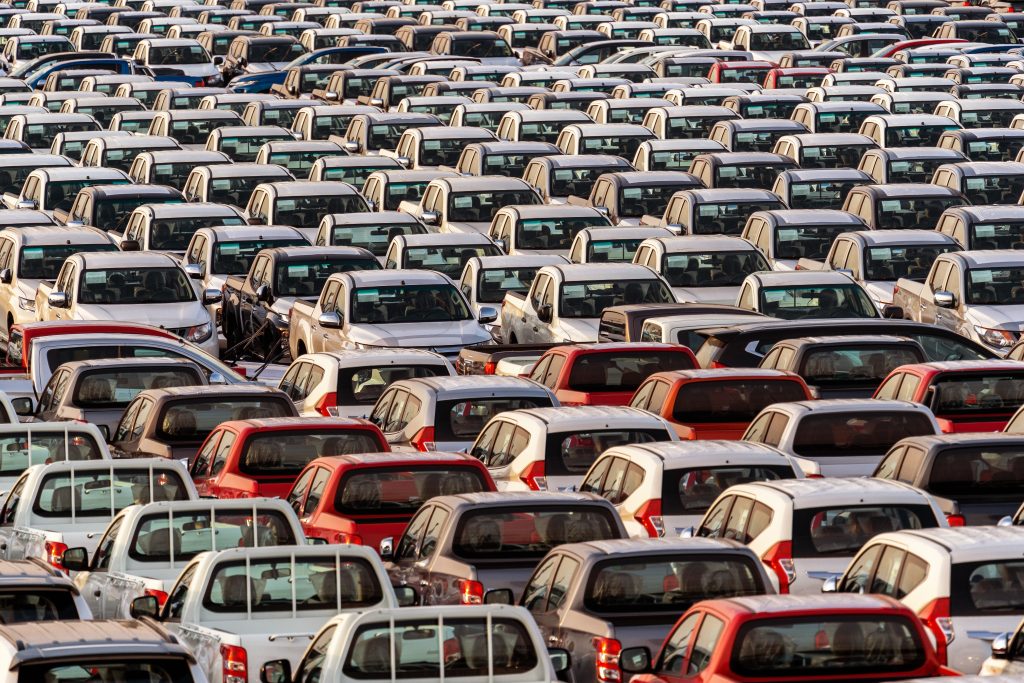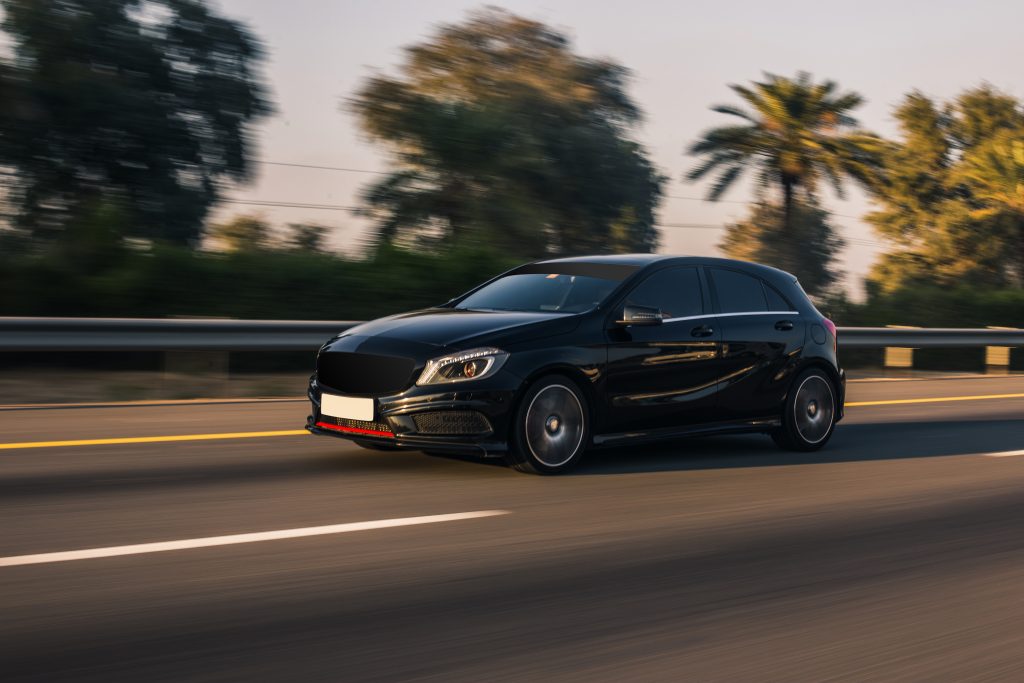Philippine Car Sales Accelerate in February 2025: Trends, Insights, and Market Leaders


The Philippine automotive industry grew steadily in February 2025, with car sales rising 2.9% year-on-year to 39,164 units, compared to 38,072 units in February 2024 (Manila Standard, 2025).
This gain, however low compared to prior months, demonstrates the sector’s resilience in the face of changing consumer choices and economic conditions. Furthermore, the growing popularity of electric cars (EVs) is transforming the market landscape.
Commercial Vehicles Continue to Drive Growth
The consistent increase in commercial vehicle (CV) sales, which climbed by 9.1% to 31,010 units in February 2025, is a fundamental driver of the industry’s performance (Business Inquirer, 2025). These vehicles, such as pickup trucks, vans, and trucks, are critical to corporate operations in logistics, distribution, and transportation.
In contrast, passenger car sales fell by 15.8%, with only 8,154 units sold during the month. This negative trend shows that private car customers are deferring purchases due to rising loan rates, inflation, or a growing desire for ride-sharing programs (Business Inquirer, 2025).
Year-to-Date Growth: A Positive Outlook
From January to February 2025, overall vehicle sales increased by 6.4% to 76,768 units, up from 72,132 units the previous year (Manila Bulletin, 2025).
- Commercial vehicles: 60,885 units (+12.4%)
- Passenger cars: 15,833 units (-12.4%)
Despite a drop in passenger car sales, high demand for commercial vehicles indicates company expansion and increased mobility needs in key sectors.
Top Car Brands in the Philippines
Toyota Motor Philippines Corp. remains the undisputed market leader, with a 47.7% share as of early 2025 (Manila Bulletin, 2025). Other major players are:
- Mitsubishi Motors Philippines Corp. – 20.2%
- Nissan Philippines Inc. – 5.8%
- Suzuki Philippines Inc. – 4.6%
- Ford Group Philippines – 4.3%
These brands remain dominant because of their reputation for price, durability, and fuel efficiency, all of which are important considerations for Filipino vehicle purchasers.
Electric Vehicles on the Rise in the Philippines
Electric vehicles (EVs) are becoming increasingly popular in the Philippine automotive industry. In February 2025, 1,816 electric vehicles were sold, gaining 13.5% increase from 1,600 in January (Manila Bulletin, 2025).
Between January and February, 3,416 EVs were sold, with 3,034 of these being hybrid electric cars (HEVs). Several reasons contribute to this increase:
- 100% Government incentives for the Electric Vehicle Industry Development Act (EVIDA).
- Rising fuel prices make EVs a cost-effective alternative.
- Increased environmental awareness and demand for sustainable mobility.
- More EV vehicles from top car manufacturers are approaching the local market.
As the number of charging stations nationally grows, experts foresee more EV usage in the coming years (Manila Bulletin, 2025).
Future Outlook: What’s Next for the Industry?
What’s next for the Philippine automobile industry?
Looking ahead, CAMPI has set a 500,000-unit sales target for 2025, a 7% increase above the 467,252 units sold in 2024 (BusinessWorld, 2025). Key industrial trends to monitor include:
- New hybrid and electric vehicle choices on the market.
- Passenger car sales may recover as the economy stabilizes.
- Increased consumer demand for innovative vehicle technology.
While economic uncertainty and inflation may have an impact on purchasing power, the Philippine car market continues to grow. With continuous investments in electric mobility, commercial fleet development, and smart vehicle technologies, the industry is primed for long-term growth.





Responses